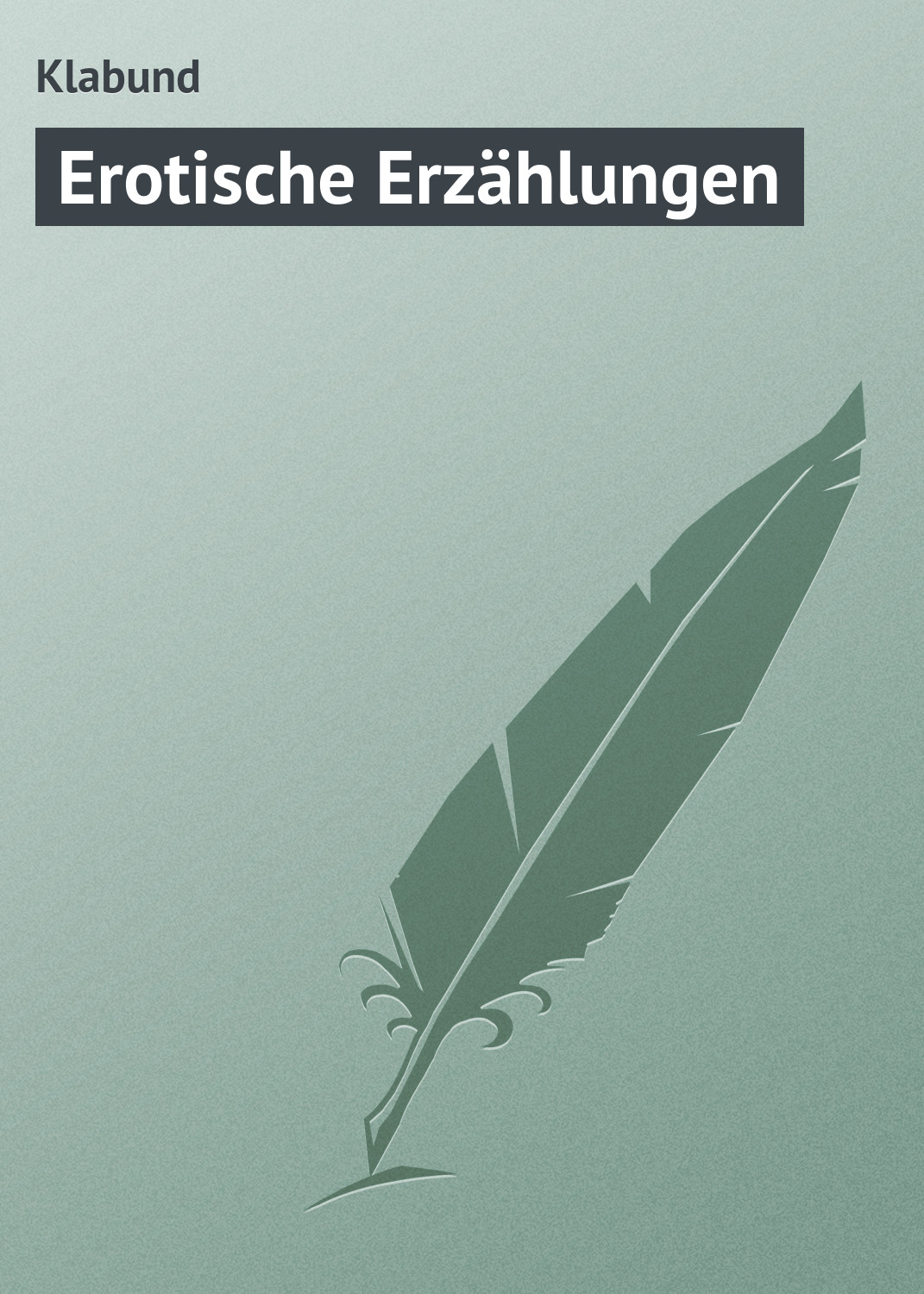Электронная книга: Klabund «Erotische Erzählungen»

|
Издательство: "Public Domain"
электронная книга Скачать бесплатно на Litres |
Другие книги автора:
| Книга | Описание | Год | Цена | Тип книги |
|---|---|---|---|---|
| Borgia | — Public Domain, электронная книга Подробнее... | электронная книга |
Klabund
Alfred Henschke (
Life
Klabund, born Alfred Henscke in 1890 in Krossen, was the son of an
After he completed his "
In 1913 he came into contact with Alfred Kerr's Magazine "PAN", though he continued to publish in the magazines "Jugend" (Youth) and "
In 1918 he married Brunhilde Herberle, whom he had met in a sanatorium for lung patients. She died later that year after complications from a premature birth. 1918 also saw the publication of Klabund's most popular prose piece, the novel "Bracke".
in 1920 Klabund dedicated a short romantic novel "Marietta" to his girlfriend and
In 1923 he married actress
In May 1928, during a stay in
Works
Klabund completed 25 plays and 14
External links
*PND|118562681(Catalog of the
* [http://www.klabund.de/ KLABUND ] at www.klabund.de (German)
* [http://gutenberg.spiegel.de/autoren/klabund.htm Projekt Gutenberg-DE - Kultur - SPIEGEL ONLINE - Nachrichten ] at gutenberg.spiegel.de (German)
* [http://www.hoerbuchkultur.de/kostenlos.php Free downloads of 2 audiobooks of Klabund's in German: total 19 minutes, 17.5 MBs]
Persondata
NAME=Henschke, Alfred
ALTERNATIVE NAMES=Klabund
SHORT DESCRIPTION=German writer, poet, playwright
DATE OF BIRTH=
PLACE OF BIRTH=
DATE OF DEATH=
PLACE OF DEATH=
Источник: Klabund
См. также в других словарях:
erotische Literatur — I erotische Literatur, Sammelbezeichnung für literarische Werke, in denen die sinnlichen Aspekte der Liebe Hauptthema sind; erotische Literatur ist somit vom weiter gefassten Begriff der Liebesdichtung zu unterscheiden; die Grenze zu den als… … Universal-Lexikon
Karen-Susan Fessel — (* 15. Dezember 1964 in Lübeck) ist eine deutsche Schriftstellerin. Inhaltsverzeichnis 1 Leben 2 Ehrungen 3 Preise und Auszeichnungen 4 … Deutsch Wikipedia
Gerhard Zwerenz — (* 3. Juni 1925 in Gablenz, seit 1974 Ortsteil von Crimmitschau, Sachsen) ist ein deutscher Schriftsteller und ehemaliger Bundestagsabgeordneter. Inhaltsverzeichnis 1 Leben und Werk 2 Politik 3 … Deutsch Wikipedia
Anaïs Nin — in den 1970er Jahren Anaïs Nin (* 21. Februar 1903 in Neuilly sur Seine bei Paris als Angela Anaïs Juana Antolina Rosa Edelmira Nin y Culmell; † 14. Januar 1977 in Los Angeles) war eine französische Schriftstellerin … Deutsch Wikipedia
Georges Simenon — Georges Simenon, 1963, Foto von Erling Mandelmann Georges Joseph Christian Simenon (* 12. Februar 1903[1] in Lüttich; † 4. September 1989 in Lausanne) war ein belgische … Deutsch Wikipedia
Gert Heidenreich — (* 30. März 1944 in Eberswalde) ist ein deutscher Schriftsteller, Journalist und Radiosprecher. Julian Nida Rümelin (links), Thomas Meyer(Mitte) und Gert Heidenreich (rechts) bei einer Diskussion auf der Frankfurter Buchmesse 2009 … Deutsch Wikipedia
